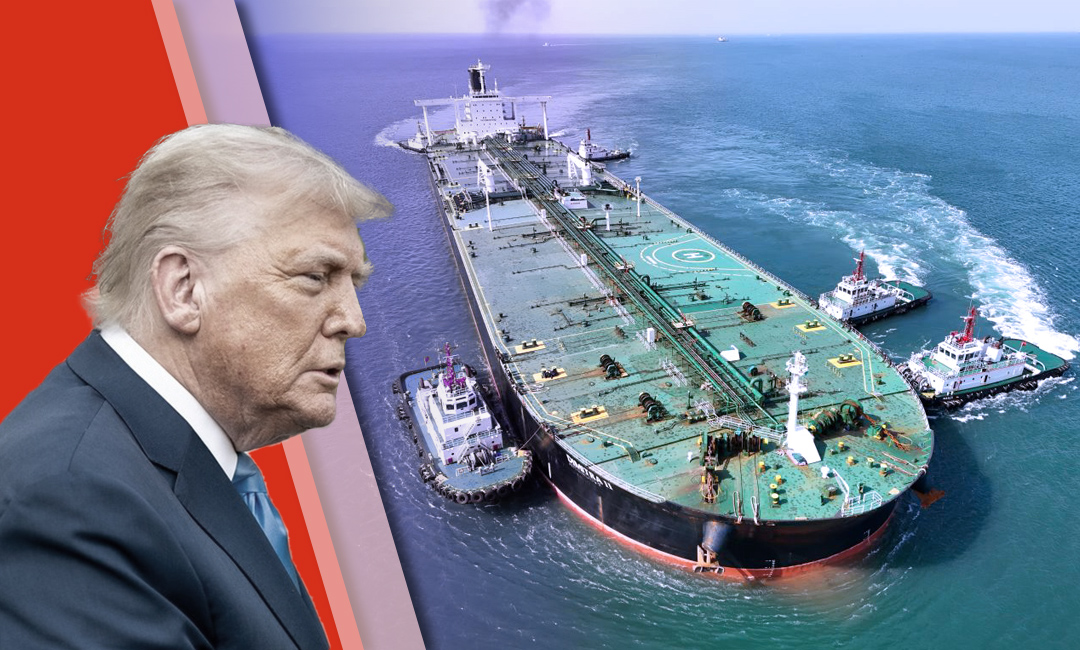Possible First Sanctions Under Trump Target Russia’s Shadow Fleet

The Donald Trump administration plans to impose new sanctions against Russia's “shadow fleet” of oil tankers if Russian President Vladimir Putin does not agree to a ceasefire in Ukraine by Friday, The Gaze reports, citing The Financial Times.
According to anonymous sources, the White House is considering sanctions against the “shadow fleet” as a first step to increase pressure on Russia, along with other possible measures.
The inclusion of ships from this “shadow fleet” on the blacklist will be a landmark step, as it will be the first time the United States has imposed sanctions on Moscow since Donald Trump returned to the White House in January.
Russia actively uses a “shadow fleet” of old tankers to transport oil, circumventing Western sanctions imposed after its invasion of Ukraine in 2022. The profits from such exports help finance the war. This fleet consists of vessels with hidden ownership rights that avoid the services of Western companies, making it much more difficult to impose sanctions on their owners.
Joe Biden's administration has previously added more than 200 tankers carrying crude oil, chemicals, and other products to the sanctions list. Donald Trump, on the other hand, refrained from imposing new restrictions after returning to the White House, trying to achieve a truce through negotiations. However, his patience is running out: Trump has given Putin an ultimatum to change tactics by Friday or face tougher sanctions.
Experts note that the planned restrictions against the “shadow fleet” could be an important step in Washington's strategy to put pressure on Moscow and are in line with recent actions by the EU, which last month imposed sanctions on more than 100 ships.
Among other possible steps by the administration, experts say, are closer monitoring of existing sanctions and joining a new dynamic floating price cap mechanism for Russian oil, which the EU plans to introduce in early September.
In addition, Washington may resort to more decisive measures, including the introduction of secondary sanctions against banks and oil refineries in third countries that facilitate trade in Russian oil.
According to Edward Fishman, senior research fellow at Columbia University's Center on Global Energy Policy, this approach would make it much more difficult for Moscow to use alternative financial and logistical channels to circumvent the restrictions. “There’s incredible latitude right now to actually impose hard-hitting oil sanctions on Russia,” he added.
It is noted that a bill by Senators Lindsey Graham and Richard Blumenthal, which proposes imposing tariffs of up to 500% on countries that continue to purchase Russian energy resources, has received broad bipartisan support in the US Congress.
Donald Trump has said he is seriously considering supporting this initiative, although experts doubt the practicality of such high tariffs.
Read more on The Gaze: New Sanctions against Russia – How they Reduce its Ability to Wage War